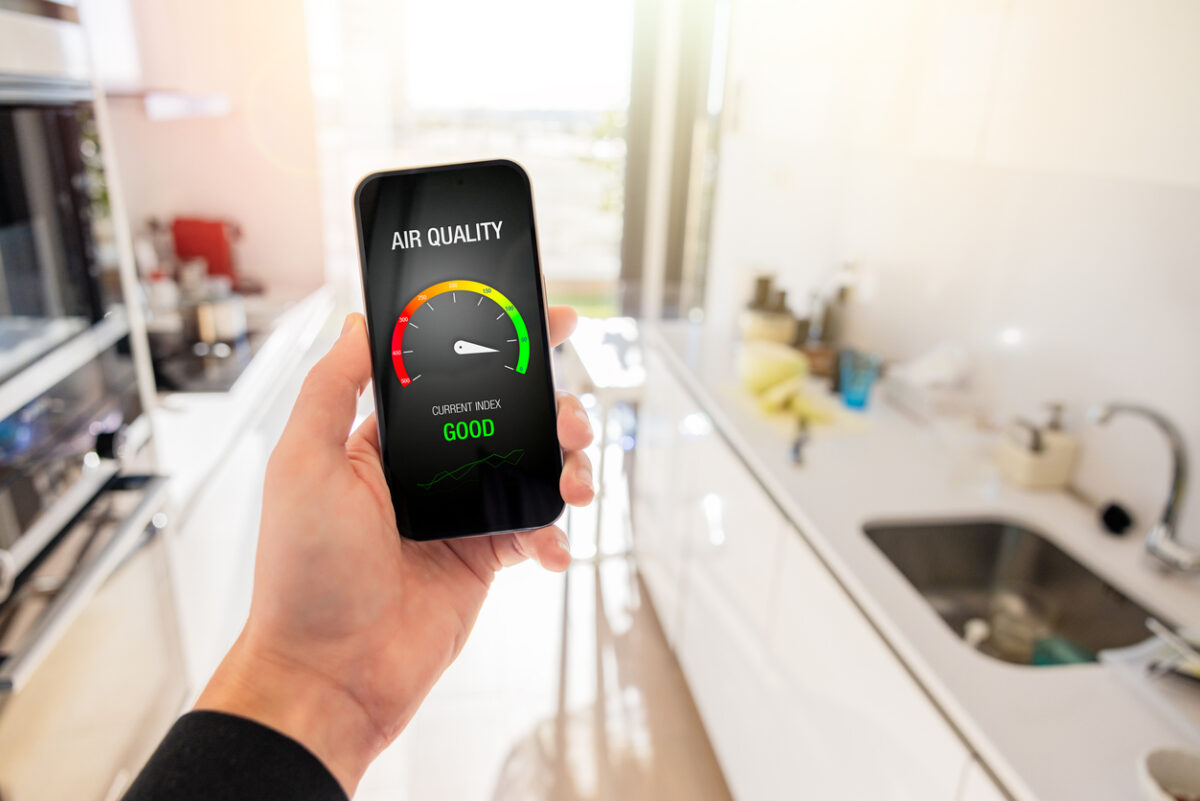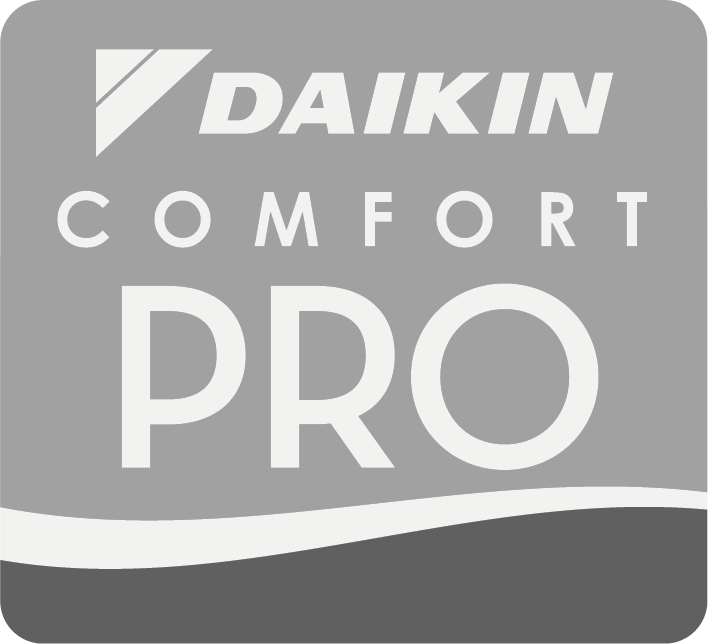Cleaner Air at Home: Maintaining Good Indoor Air Quality

Whether you live in a rented space or a single-family home, indoor air quality (IAQ) plays a significant role in your health, comfort, and overall well-being. Research suggests that people spend up to 90 percent of their time indoors, and cleaner air at home is more important than ever. However, the EPA says that indoor air quality can be two to five times worse than outdoor air in big cities.
Here are some reasons why IAQ is important:
- Physical Symptoms: Poor indoor air quality can lead to health problems, respiratory issues, and irritation of the eyes, nose, and throat. Long-term exposure to air pollutants has been linked to more serious health conditions, such as respiratory diseases, cardiovascular diseases, and even certain types of cancer.
- Mental Health: Emerging evidence suggests a link between indoor air quality and mental health. Poor indoor air quality has been associated with increased stress, anxiety, and depression.
- Children and Vulnerable Populations: Children, the elderly, and individuals with pre-existing health conditions are particularly vulnerable to the effects of poor indoor air quality. Children, for example, breathe more air relative to their body size compared to adults, making them more susceptible to the harmful effects of indoor pollutants.
- Allergies and Asthma: Indoor allergens such as dust mites, pet dander, mold spores, and pollen can trigger allergic reactions and asthma attacks in susceptible individuals.
- Radon Mitigation: Radon is a naturally occurring radioactive gas that can seep into homes through cracks in the foundation. Mitigating radon exposure through proper ventilation and testing can significantly reduce the risk of lung cancer.
Three Danger Levels of Indoor Air Pollution
Not all indoor air pollution is equally dangerous. The Centers for Disease Control and Prevention (CDC) have categorized air pollution into three different levels:
- Allergens and Particulates: Level 1 contains common allergens in and around the home, including dust and pollen, mold, tobacco smoke, vehicle exhaust, pet allergens, and insect debris. Side effects include nose and throat irritation, a runny nose, congestion, sneezing, and asthma flairs.
- Infectious Agents: Level 2 has bacterial and viral infections. Some bacterial infections include streptococcus and tuberculosis, while viral infections include cold viruses, the flu, and SARS. You could catch upper respiratory infections, bronchitis, and pneumonia at this stage.
- Toxic Compounds: Level 3 consists of toxic compounds such as carbon monoxide, pesticides, and toxic mold. Health effects include memory lapses, blurred vision, headaches, and lethargy.
Tips for Cleaner Air at Home
Improving the air quality in your home can have numerous benefits for your health and overall well-being. Here are some tips for cleaner air at home:
- Regular Cleaning: Dust, pet dander, and other allergens can in carpets, upholstery, and bedding. Regular vacuuming, dusting, and washing of linens can help reduce these allergens.
- Invest in Air Purifiers: Air purifiers with HEPA filters effectively remove airborne particles such as dust, pollen, and pet dander. Place them in rooms where you spend the most time, such as the bedroom and living room.
- Open Windows: Weather permitting, opening windows allows fresh air to circulate through your home, flushing out indoor pollutants and improving ventilation.
- Control Humidity: Use a dehumidifier in damp areas like basements and bathrooms, and ensure proper ventilation in these areas to prevent mold and mildew growth.
- Avoid Smoking Indoors: Establish a no-smoking policy inside your home to maintain clean indoor air.
- Use Natural Cleaning Products: Many conventional cleaning products contain harsh chemicals that contribute to indoor air pollution. Opt for natural or eco-friendly cleaning products to reduce exposure to harmful fumes.
- Keep Pets Clean: Regular grooming and bathing of pets can help minimize shedding and reduce the amount of pet dander in your home.
- Change HVAC Filters Regularly: Replace the filters in your heating, ventilation, and air conditioning (HVAC) system according to manufacturer recommendations. This helps ensure that your HVAC system is effectively removing pollutants from the air.
- Keep a Clean Kitchen: Properly ventilate your kitchen when cooking to prevent the buildup of cooking fumes and pollutants. Use exhaust fans and keep stove burners clean to minimize indoor air pollution.
- Test for Radon: Consider testing your home for radon and take steps to mitigate any elevated levels.
- Pan Treatment: One of the easiest ways to kill mold and mildew is with a pan treatment strip. This will reduce the risk of water leaks, clogged drains, and corrosion.
Get Cleaner Air at Home Starting Today!
Maintaining good indoor air quality is essential for promoting health, comfort, and productivity in indoor environments. Implementing measures to reduce indoor air pollutants and improve ventilation can help create safer and more enjoyable living and working spaces. Following these tips will create a healthier indoor environment for you and your family. Contact us today for more tips on home repair and maintenance.




